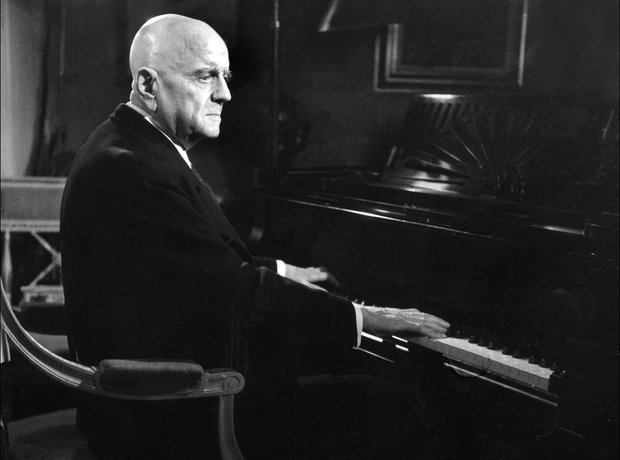Jean Sibelius was a towering figure in the realm of classical music, celebrated for his evocative symphonies, tone poems, and chamber music. Born Johan Julius Christian Sibelius on December 8, 1865, in Hämeenlinna, Finland, he would later adopt the French form of his name, Jean, for its elegance and international appeal.
Sibelius came from a Swedish-speaking family in Finland, which was then a Grand Duchy of the Russian Empire. He displayed an early aptitude for music, learning the violin and piano at a young age. However, it was not until he attended the University of Helsinki to study law that his passion for music truly flourished. He devoted much of his time to composing, and his talent soon outshone his interest in law.
Jean Sibelius, born Johan Julius Christian Sibelius on December 8, 1865, in Hämeenlinna, Finland, emerged as one of the most prominent figures in classical music during the late 19th and early 20th centuries. Renowned for his symphonies and tone poems, Sibelius's compositions are imbued with the essence of Finnish landscapes and folklore, earning him the title of "National Composer" of Finland.
Sibelius's musical journey began in his childhood, where he exhibited a keen interest in music. His family, of Swedish-speaking Finnish descent, recognized his talent early on and provided him with the necessary support and education. At an early age, he learned to play the violin and piano, laying the foundation for his future career as a composer.
